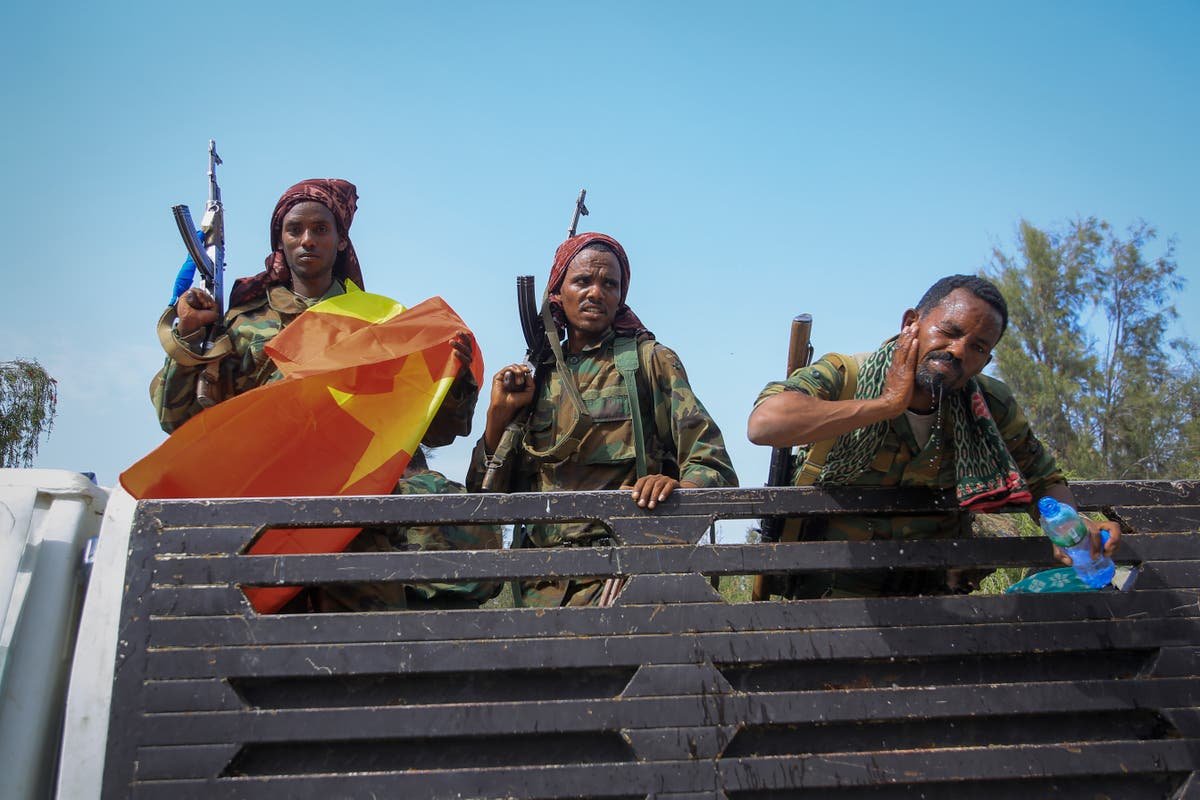 The TPLF has been accusing the government of Ethiopia of blocking aid to the Tigray region on accounts of lack of transport, fuel, and humanitarian corridors. The Government of Ethiopia, once again, calls the truth of the matter to the attention of the international community.
The TPLF has been accusing the government of Ethiopia of blocking aid to the Tigray region on accounts of lack of transport, fuel, and humanitarian corridors. The Government of Ethiopia, once again, calls the truth of the matter to the attention of the international community.
More than 1010 aid trucks that should have been on the road delivering much-needed humanitarian support are stranded in the Tigray region. The TPLF claimed that the trucks are still in Tigray because the drivers, many of whom are allegedly Tigrayans, refused to drive outside of Tigray due to security reasons. The federal government, notwithstanding its legitimate claims over the return of the trucks,
- Announced its decision to give blanket amnesty to every truck driver,
- Proposed the creation of a buffer area, which could be run by UN humanitarian agencies where swapping of drivers could be arranged and managed for those who wouldn’t wish to travel outside of Tigray,
- Issued temporary UN plates for trucks that the WFP has acquired from Sudan,
- Decided to facilitate additional flights to augment land transportation of food and medical aid.
Despite the lack of audience, the federal government issued several statements calling on the international community to condemn the TPLF for repurposing the trucks for war activities. The TPLF has also failed to take any accountability to the claims of fuel shortages that allegedly disrupted humanitarian supply in the region. The following are in public records,
- The federal government left 14 million liters of fuel in Mekelle city alone when it evacuated its troops from Tigray in June 2021, declaring a Unilateral Humanitarian Ceasefire,
- The TPLF looted millions of liters of fuel from a federal depot in Kombolcha when it expanded the conflict into the Amhara and Afar regional states,
- The TPLF had been selling fuel in black markets in Tigray, profiteering out of the misery of the public,
- The stranded trucks in the Tigray region were loaded with enough fuel to make a return trip.
No one tried to hold the TPLF accountable for misusing the fuel reserves. It is also regrettable to see that no one cared to question how the group was able to fuel its military vehicles and tanks during its invasion of adjacent regional states.
The reckless behavior of the TPLF also restricted options for having additional humanitarian corridors for supplying aid to the region. Setting aside all the destructions in Afar and Amhara, it is surprising to see the group launching fresh attacks on Abala – the only operating corridor supplying aids to Tigray.
The International community should wake up to the real reasons that have made the delivery of humanitarian assistance increasingly daunting. The Government of Ethiopia would like to bring the matter once again to the attention of the international community, to put the blame and pressure where it is due, and hold the TPLF accountable for the crime of starving the people in Tigray, under whose name it has been wreaking havoc
